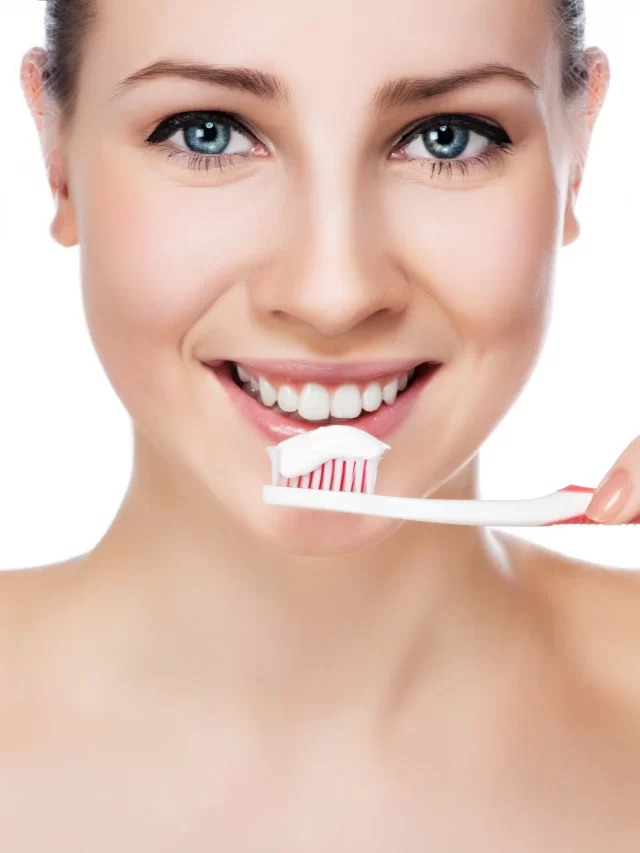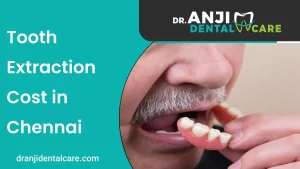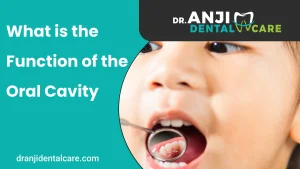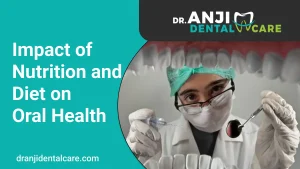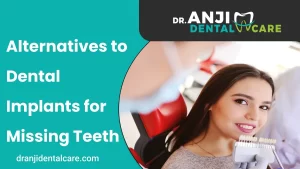Maintaining good oral hygiene is essential for a healthy mouth and a confident smile. It not only prevents common dental issues like cavities and gum disease but also contributes to overall well-being. In this comprehensive guide, we will explore effective tips for oral hygiene.
What is Oral Hygiene ?
Oral hygiene refers to the practice of maintaining the cleanliness and health of the mouth and teeth to prevent dental issues, such as tooth decay, gum disease, and bad breath. It involves a combination of daily habits, proper dental care, and regular check-ups with a dentist or dental hygienist.
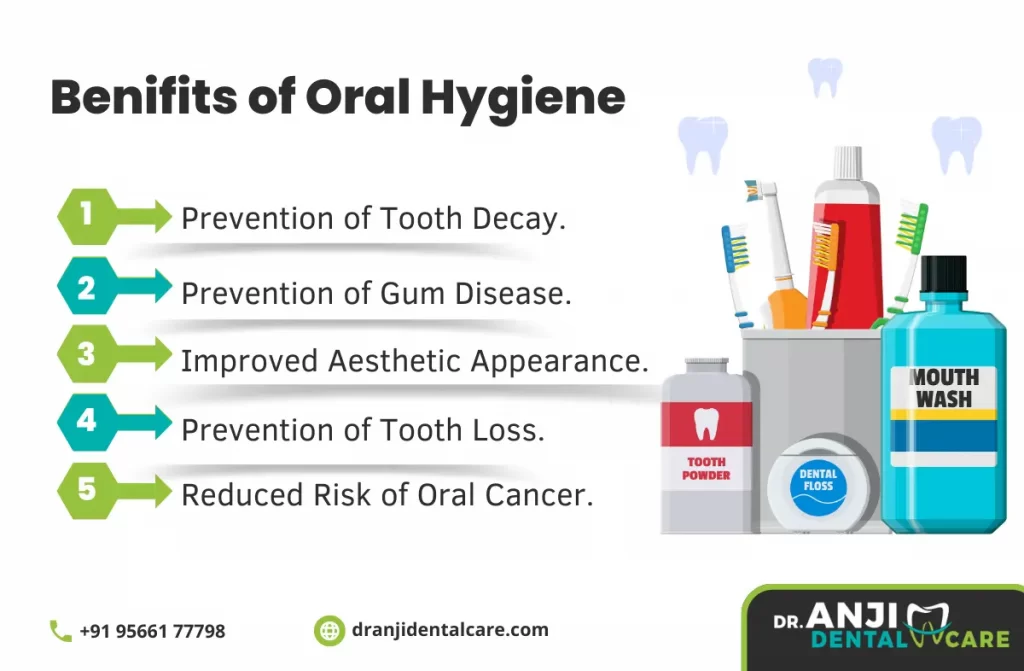
Key Tips for Oral Hygiene Include:
Tooth Brushing
Regularly brushing your teeth, typically at least twice a day, using a toothbrush and fluoride toothpaste. Brushing helps remove food particles, plaque (a sticky film of bacteria), and prevents the buildup of tartar (hardened plaque).
Flossing
Daily flossing to clean between teeth and along the gumline, where a toothbrush may not reach effectively. Flossing helps eliminate caught food and plaque.
Mouthwash
Using an antimicrobial or fluoride mouthwash is one of the Tips for oral hygiene that can further reduce bacteria in the mouth and strengthen tooth enamel. Different mouthwashes may target specific oral health concerns.
Balanced Diet
Consuming a diet rich in fruits, vegetables, whole grains, lean proteins, and dairy products contributes to overall oral health. Restricting sweet and acidic food varieties and beverages forestalls tooth rot.
Hydration
Drinking plenty of water throughout the day helps maintain saliva production, which is crucial for washing away food particles, neutralizing acids, and maintaining oral moisture.
Avoiding Tobacco
Quitting smoking or chewing tobacco is essential for preventing gum disease, tooth decay, and reducing the risk of oral cancer.
Protective Measures
Wearing mouthguards during activities that pose a risk of dental injury, such as sports, and using nightguards if you grind your teeth (bruxism) during sleep.
Regular Dental Check-ups
Scheduling regular dental appointments (typically every six months) for professional cleanings and oral exams. Dentists can detect and address dental issues early on, preventing complications.
Keeping up with great oral cleanliness forestalls dental issues as well as adds to by and large wellbeing. Unfortunate oral cleanliness has been connected to different foundational conditions, including coronary illness, diabetes, and respiratory diseases. Therefore, adopting and maintaining effective oral hygiene practices is essential for both oral and general well-being.
Tips for Oral Hygiene
Brushing Your Teeth Properly (Twice a Day)
- Use a soft-bristle toothbrush and fluoride toothpaste.
- Brush for somewhere around two minutes, covering all tooth surfaces and your tongue.
- Be delicate to try not to harm your finish and gums.
Flossing Daily
- Flossing eliminates food particles and plaque from between your teeth.
- Utilize a delicate volatile movement to clean between every tooth.
- Consider using floss picks or a water flosser for convenience.
Rinse with Mouthwash
- Rinse with an antimicrobial or fluoride mouthwash to reduce bacteria and strengthen your teeth.
- Pick a mouthwash that suits your particular oral wellbeing needs.
Stay Hydrate
- Drink plenty of water throughout the day to keep your mouth moist and wash away food particles.
- Limit sugary or acidic drinks, such as soda and fruit juices.
Balanced Diet
- Consume an eating routine wealthy in natural products, vegetables, entire grains, lean proteins, and dairy items.Minimize sugary snacks and beverages that can promote tooth decay.
- Smoking and biting tobacco can prompt gum illness, tooth rot, and oral malignant growth.
Regular Dental Check-ups
- Plan dental arrangements like clockwork for proficient cleanings and tests.
- Your dentist can detect and address dental issues early, preventing complications.
Dental Tips for Oral Hygiene for Patients
Good oral health is vital for overall well-being. These 10 dental tips for patients will help you maintain a healthy smile and prevent common dental issues.
- Brush Appropriately: Clean your teeth something like two times per day, utilizing a delicate fiber toothbrush and fluoride toothpaste Brush gently, in circular motions, covering all surfaces of your teeth and your tongue.
- Floss Everyday: Flossing eliminates food particles and plaque among teeth and along the gumline. Make it a daily habit to keep your teeth and gums healthy.
- Rinse with Mouthwash: Consider using an antimicrobial or fluoride mouthwash to reduce bacteria and strengthen your teeth. Pick a mouthwash that suits your particular oral wellbeing needs.
- Remain Hydrated: Drink a lot of water over the course of the day to ward your mouth sodden and wash off food particles. Limit sugary or acidic drinks like soda and fruit juices.
- Adjusted Diet: Consume an eating regimen wealthy in organic products, vegetables, entire grains, lean proteins, and dairy items. Minimize sugary snacks and beverages that can promote tooth decay.
- Limit Sugar and Acid: Reduce your intake of sugary and acidic foods and drinks, as they can erode enamel and lead to cavities.
- Safeguard Your Teeth: Wear a mouthguard during sports to forestall wounds. Consider a nightguard if you grind your teeth (bruxism) during sleep.
- Quit Tobacco: Smoking and chewing tobacco can lead to gum disease, tooth decay, and oral cancer. Seek support to quit these harmful habits.
- Regular Dental Check-ups: Schedule dental appointments every six months for professional cleanings and exams. Early detection of dental issues can prevent complications.
- Oral Hygiene Education: Ask your dentist or hygienist for personalized oral hygiene tips and guidance. They can provide advice tailored to your specific needs.
Remember, consistent dental care at home and regular visits to your dentist are essential for maintaining a healthy smile. Your dentist can provide additional tips and address any specific concerns you may have about your oral health.
Conclusion
Effective oral hygiene is the foundation of a healthy smile and overall well-being. By following these tips for oral hygiene, you can maintain strong teeth, healthy gums, and fresh breath. Remember, consistency in your daily oral care routine, coupled with regular dental check-ups, is key to preventing dental issues and enjoying a confident and radiant smile.

